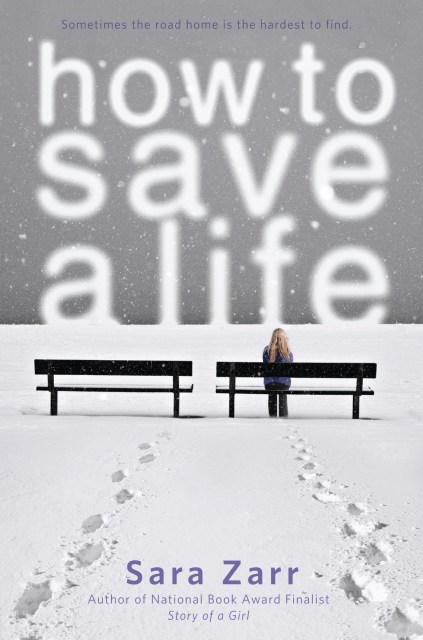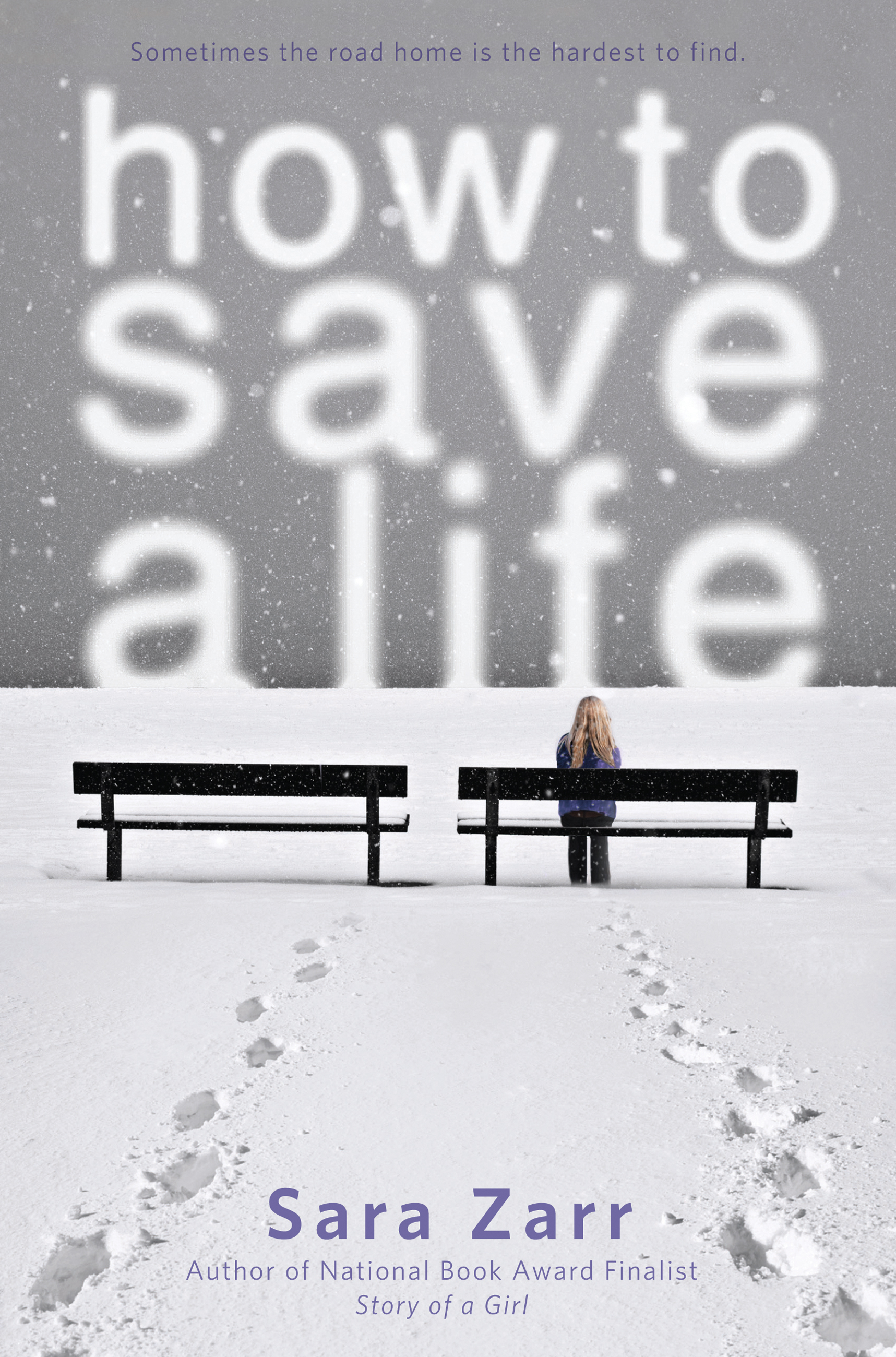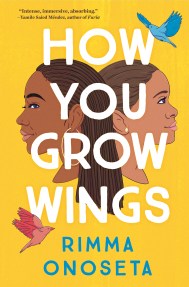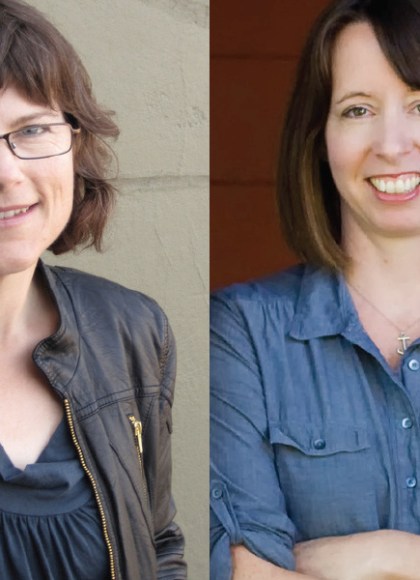Promotion
Use code MOM24 for 20% off site wide + free shipping over $45
How to Save a Life
Contributors
By Sara Zarr
Formats and Prices
Price
$8.99Price
$11.99 CADFormat
Format:
- ebook $8.99 $11.99 CAD
- Trade Paperback $18.99 $24.99 CAD
This item is a preorder. Your payment method will be charged immediately, and the product is expected to ship on or around October 18, 2011. This date is subject to change due to shipping delays beyond our control.
Also available from:
Mandy Kalinowski understands what it’s like to grow up unwanted — to be raised by a mother who never intended to have a child. So when Mandy becomes pregnant, one thing she’s sure of is that she wants a better life for her baby. It’s harder to be sure of herself. Will she ever find someone to care for her, too?
As their worlds change around them, Jill and Mandy must learn to both let go and hold on, and that nothing is as easy — or as difficult — as it seems.
Genre:
- On Sale
- Oct 18, 2011
- Page Count
- 368 pages
- Publisher
- Little, Brown Books for Young Readers
- ISBN-13
- 9780316192910
Newsletter Signup
By clicking ‘Sign Up,’ I acknowledge that I have read and agree to Hachette Book Group’s Privacy Policy and Terms of Use







